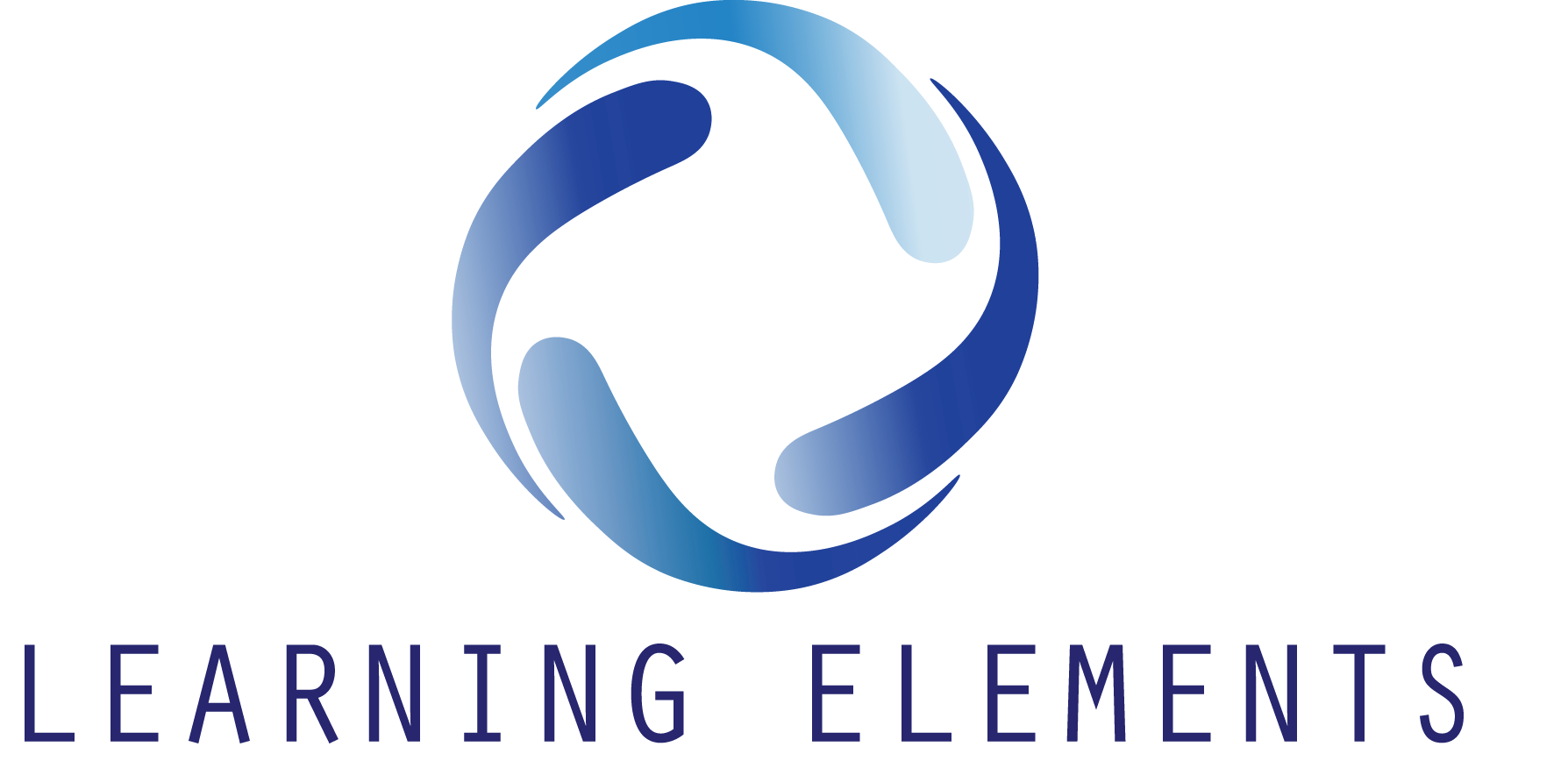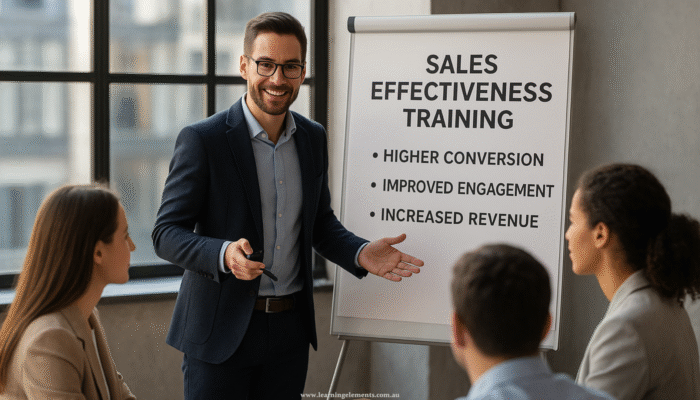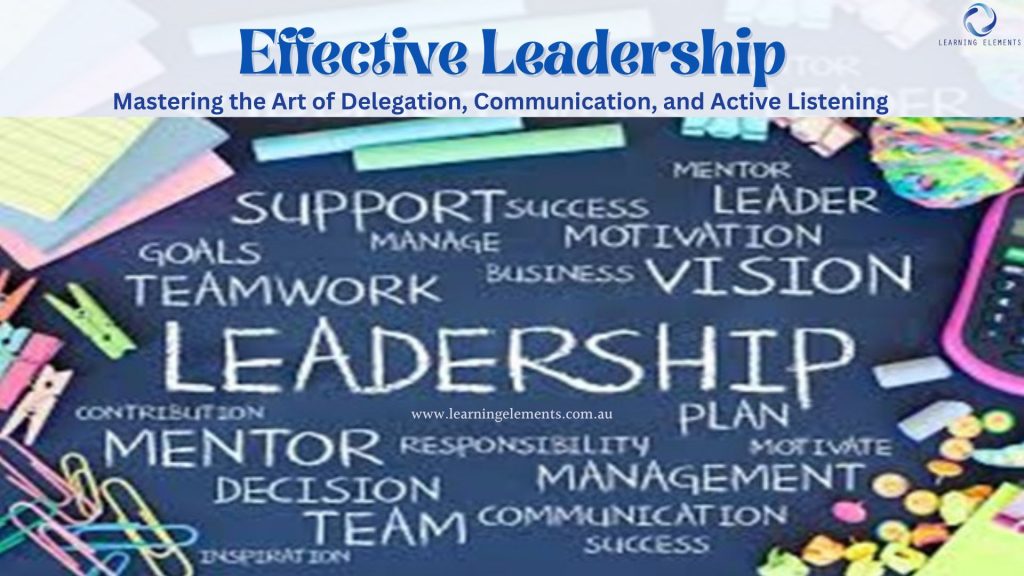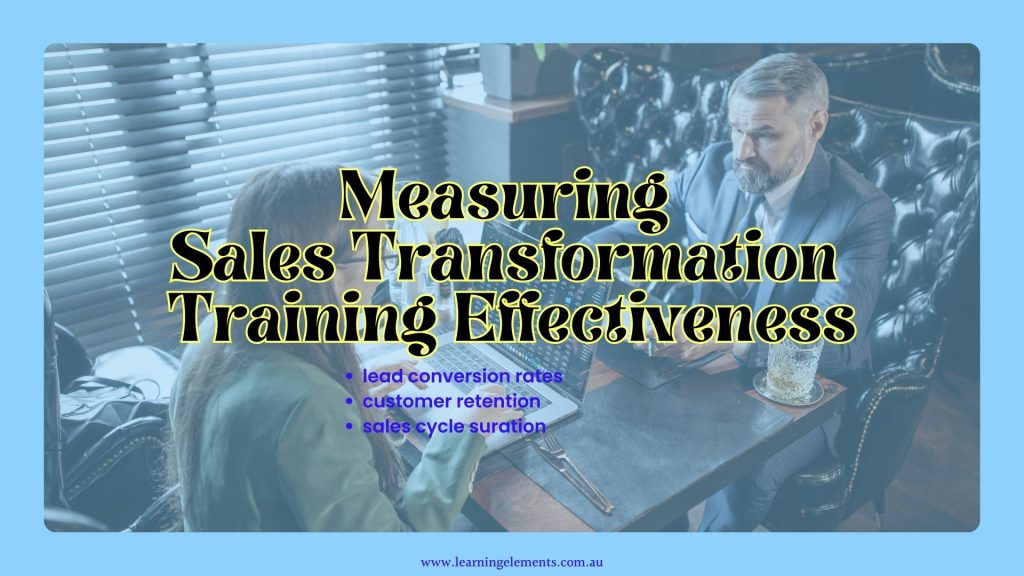Sales Effectiveness Training: Enhancing Sales Performance for Sustainable Growth
Sales teams can’t rely on outdated tactics or a quick pitch to win clients. Why? Customers are better informed, more selective, and expect genuine value from every interaction. That’s why smart organisations are investing in “sales effectiveness training,” a programme designed to sharpen skills, refine processes, and empower salespeople to build trust, close more deals, and drive sustainable growth.
If you’ve ever felt like your team is working hard but not converting enough leads, or if customer conversations often stall before reaching a deal, it’s a sign your sales approach needs an upgrade. The good news? With the right training, your team can transform into confident, adaptable, and high-performing professionals who consistently deliver results.
The Cost of Ineffective Sales Teams
Every missed deal is more than just lost revenue — it’s a lost opportunity to grow relationships, strengthen brand reputation, and build loyalty. When sales teams rely on outdated techniques or lack confidence, the results show: longer sales cycles, frustrated customers, and inconsistent performance.
Many struggling sales teams waste valuable time chasing leads that are unlikely to convert instead of focusing on genuine opportunities that could drive results. This doesn’t just drain productivity but also impacts morale and long-term business growth. The hidden cost? Competitors step in and win the deals you should have closed.
What Is Sales Effectiveness Training?
Sales effectiveness training is designed to give sales professionals the skills, strategies, and confidence to perform at their peak. It’s not just about learning how to sell — it’s about understanding customer behaviour, refining sales processes, and using modern tools to consistently win more business.
For every organisation facing competitive markets, sales effectiveness training ensures sales teams stay sharp, proactive, and adaptable. It helps teams go beyond the “hard sell” and instead focus on building trust, engaging customers, and creating long-term value.
Signs Your Team Needs Sales Effectiveness Training
Not sure whether your team needs structured sales training? Here are some common red flags:
- Leads don’t convert – Your team generates interest but struggles to move prospects through the pipeline.
- Confidence gaps – Salespeople hesitate in tough conversations or negotiations.
- Inconsistent results – Some reps perform well while others lag behind, with no clear reason.
- High client churn – Deals close, but customers don’t stick around or return.
- Time wasted on poor-fit prospects – Instead of focusing on qualified leads, effort goes into chasing dead ends.
If any of these sound familiar, it’s a strong indicator your sales team could benefit from focused training to sharpen their skills and improve consistency.
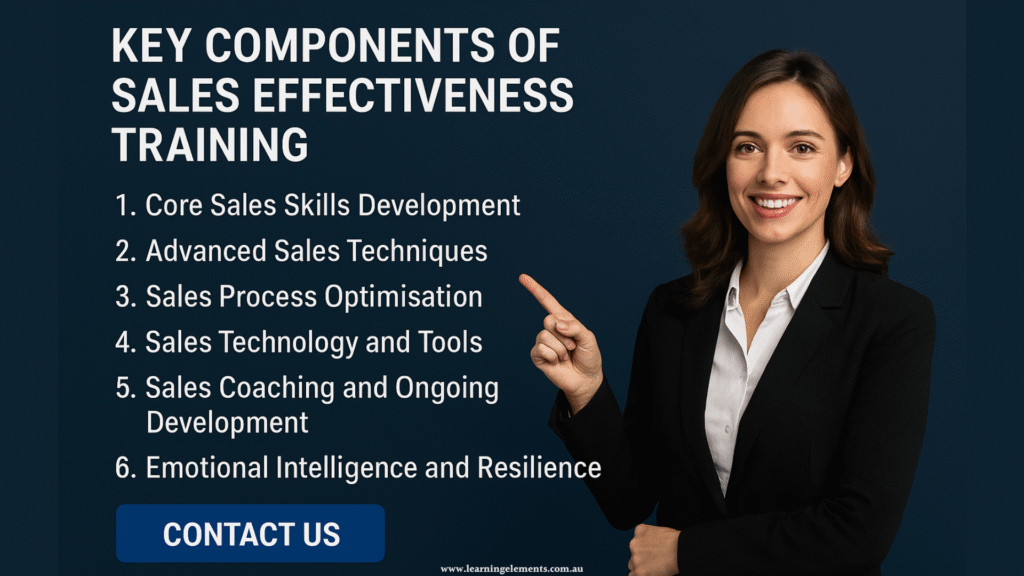
Key Components of Sales Effectiveness Training
Before we break down the key components, it’s important to recognise that effective sales performance relies on a blend of technical know-how and interpersonal strength. Today’s top-performing sales professionals combine strategic thinking with emotional intelligence and resilience, allowing them to adapt, empathise, and thrive even in high-pressure environments.
1. Core Sales Skills Development
- Understanding customer needs and industry-specific pain points.
- Prospecting and qualifying leads effectively.
- Effective communication and active listening to build rapport.
- Negotiation and objection-handling strategies to close deals with confidence.
2. Advanced Sales Techniques
- Value-based selling – showing how your product or service directly addresses customer challenges.
- Consultative selling – positioning your sales team as trusted advisers, not pushy sellers.
- Storytelling in sales – using authentic stories to connect with clients on a deeper level.
- Account-based selling for complex B2B deals.
- Social selling – building credibility and connections online.
3. Sales Process Optimisation
- Structuring and managing the sales pipeline for efficiency.
- Implementing lead qualification techniques to avoid wasted time.
- Forecasting and reporting to track progress and identify risks.
- Time management and prioritisation for handling multiple prospects.
4. Sales Technology and Tools
- Using CRM systems to track every customer touchpoint.
- Leveraging automation for follow-ups and lead nurturing.
- AI-powered insights for smarter prospecting and personalisation.
- Sales enablement content – playbooks, case studies, and resources that support reps in real time.
5. Sales Coaching and Ongoing Development
- Instructor-led training for hands-on learning.
- Self-paced learning for flexibility and convenience.
- Online training modules for scalability across teams nationwide.
- Peer learning and role-play practice to embed skills.
- Ongoing coaching and refresher sessions to sustain performance.
6. Emotional Intelligence and Resilience
- Building self-awareness, empathy, and interpersonal understanding to strengthen client relationships.
- Managing stress and maintaining motivation under pressure.
- Developing resilience to handle rejection and stay focused on long-term goals.
- Applying emotional intelligence in negotiations, collaboration, and conflict resolution.
Ready to boost your team’s sales confidence? Enrol in our next sales effectiveness training programme.
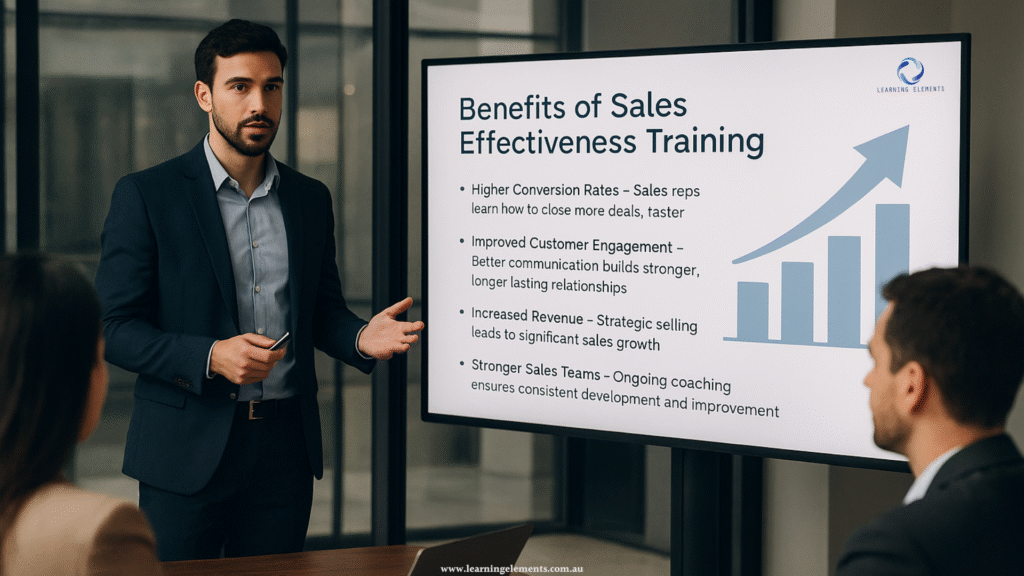
Benefits of Sales Effectiveness Training
- Higher Conversion Rates – Sales reps learn how to close more deals, faster.
- Improved Customer Engagement – Better communication builds stronger, longer-lasting relationships.
- Increased Revenue – Strategic selling leads to significant sales growth.
- Stronger Sales Teams – Ongoing coaching ensures consistent development and improvement.
What’s the ROI of Sales Effectiveness Training?
A common question business leaders ask is: “What’s the return on investment from sales training?” The answer should be clear that effective training doesn’t just improve skills, it delivers measurable business outcomes.
Companies that invest in structured sales training often see:
- Higher win rates – teams close a larger percentage of qualified opportunities.
- Shorter sales cycles – deals move faster through the pipeline.
- Reduced staff turnover – confident sales reps are more likely to stay long term.
- Improved customer satisfaction – clients feel valued, understood, and supported.
Example Scenarios: Before and After Training
To understand the real impact of Sales Effectiveness Training, let’s consider two scenarios:
- Before Training: A sales rep struggles to handle objections. When a prospect pushes back on price, the rep freezes or drops the deal altogether. Their pipeline looks full, but conversions remain low.
- After Training: The same rep now has proven techniques for reframing objections. They confidently demonstrate value, build trust, and move the conversation forward. Their conversion rate rises, and they feel more motivated and capable.
Multiply this improvement across an entire team, and you’ll see stronger pipelines, healthier customer relationships, and predictable revenue growth.
Sales Challenges Facing Australian Businesses Today
Buyers now conduct most of their research online before ever speaking with a sales rep, which means traditional “product-push” tactics are no longer effective. Decision-makers expect tailored solutions, transparent communication, and clear value before committing.
Common challenges sales teams in Australia face include:
- Longer decision-making cycles, especially in B2B industries.
- Increased competition, with both local and global players vying for the same clients.
- Digitally savvy customers, who demand seamless interactions across multiple channels.
- Pressure to demonstrate ROI, as budgets tighten and every dollar spent is scrutinised.
These challenges may vary across industries, but the underlying need for consistent, customer-focused selling remains universal. That’s why sales effectiveness training is becoming essential. It equips sales professionals with modern strategies and tools to navigate informed buyers, shorter attention spans, and fast-changing markets.
Practical Applications of Sales Effectiveness Training
Here’s how teams apply what they learn:
- Better conversations with clients – understanding cultural nuances and customer expectations.
- More efficient pipelines – fewer wasted leads and stronger conversion opportunities.
- Improved sales confidence – teams handle objections without fear.
- Adaptability – reps stay agile in industries facing rapid change, from tech to construction.
When sales professionals are confident, skilled, and equipped with the right tools, they not only sell more — they also create stronger client relationships that drive repeat business.
Want to future-proof your sales team? Book a call with Learning Elements today.
Aligning Training with Business Growth Goals
For training to have lasting impact, it must connect directly to your company’s strategic objectives. Sales effectiveness training isn’t just about teaching techniques, it’s about aligning your team’s approach with the bigger picture.
For example:
- If your business is targeting new markets, training can prepare sales teams to adapt messaging and build credibility with unfamiliar buyers.
- If customer retention is the priority, training focuses on strengthening relationships and creating long-term value.
- If scaling operations is your goal, training ensures consistency across a growing team.
Tailored Solutions for Every Industry
Every industry faces unique challenges, which is why a one-size-fits-all training programme won’t deliver lasting results. Our training is adapted to the realities of your sector, including:
- Retail & e-commerce: Equipping staff to manage high customer volume, seasonal peaks, and upselling opportunities.
- B2B technology: Guiding teams through long buying cycles with multiple decision-makers.
- Professional services: Building trust and credibility that leads to repeat business and long-term client partnerships.
- Construction & trades: Strengthening communication and negotiation with project stakeholders.
This tailored approach ensures your team’s new skills connect directly with the challenges they face daily. By integrating training with business goals, organisations maximise impact, ensuring every skill learned contributes to measurable outcomes like market expansion, higher client retention, and predictable revenue growth.
The Role of Leadership in Driving Sales Success
Sales effectiveness doesn’t stop at the frontline. Managers and leaders play a pivotal role in sustaining success. When leaders actively coach, reinforce best practices, and celebrate wins, sales teams stay engaged and accountable.
Leadership sets the tone, not just by pushing for results but by creating a culture where learning, adaptability, and collaboration are valued. Without that support, even the best training can lose momentum over time.
Future Trends in Sales Training
Sales strategies that worked five years ago may no longer deliver results today. The rise of digital platforms, evolving buyer behaviour, and the integration of data-driven decision-making have transformed how organisations approach selling. To stay competitive, businesses must continually evolve their training methods to reflect these shifts. Forward-thinking organisations don’t just react to change — they anticipate it and keep pace. By adopting innovative training approaches early, such as immersive simulations or AI-driven analytics, companies can ensure their sales teams remain skilled, confident, and relevant in the face of disruption.
At Learning Elements, we continuously update our programmes to reflect emerging trends, including:
- AI-powered sales tools that help reps personalise conversations and predict customer needs.
- Virtual reality simulations that allow sales reps to practise safely in realistic scenarios.
- Advanced analytics to track performance, identify skill gaps, and deliver targeted coaching.
In Australia, forward-thinking organisations are already embracing these trends. From tech start-ups in Sydney to major B2B enterprises in Melbourne and Brisbane, sales teams are leveraging AI-driven analytics and immersive learning tools to gain a competitive edge and connect more meaningfully with clients.
By preparing your team for the future, you’ll ensure they remain competitive in a market that never stands still.
Why Continuous Learning Matters in Sales
Sales is never static. Customer expectations evolve, competitors adjust their strategies, and technology reshapes how conversations happen. That means skills that worked yesterday may not deliver the same results tomorrow.
Continuous learning ensures salespeople stay sharp and adaptable. Training shouldn’t be seen as a one-off event but as an ongoing investment, with refreshers, new tools, and updated strategies keeping teams at the top of their game.
Businesses that commit to continuous development consistently outperform those that treat training as a box-ticking exercise.
RELATED READ: How to Plan Your Continuous Professional Development (CPD) Strategy
How to Measure the Success of Sales Training
Many leaders focus solely on revenue when assessing training impact. While sales numbers are important, they only tell part of the story. True success comes from looking at a broader set of indicators that show how training is transforming both salespeople and customer experiences.
Key metrics to track include:
- Customer satisfaction scores (NPS) – happier clients are more likely to stay loyal.
- Referral and repeat business rates – proof that relationships are being nurtured.
- Employee engagement and confidence – motivated reps perform better and stay longer.
- Pipeline health – quality of leads and opportunities, not just quantity.
By tracking these outcomes, organisations gain a complete picture of how sales training contributes to long-term growth and stronger customer relationships.
Overcoming Common Concerns About Sales Training
We understand that investing in training raises important questions. Here are some of the most common concerns we hear and how we address them:
- Will training take my team away from selling?
Our flexible delivery methods (in-person, virtual, or self-paced) fit seamlessly into your business operations, ensuring minimal disruption. - What if the skills don’t stick?
We provide follow-up coaching, refresher modules, and ongoing support so that knowledge becomes habit, not just theory. - Is it worth the cost?
Clients consistently report measurable ROI, including faster sales cycles, higher conversion rates, and improved customer satisfaction.
By tackling these concerns head-on, we make it easier for leaders to confidently invest in their teams.
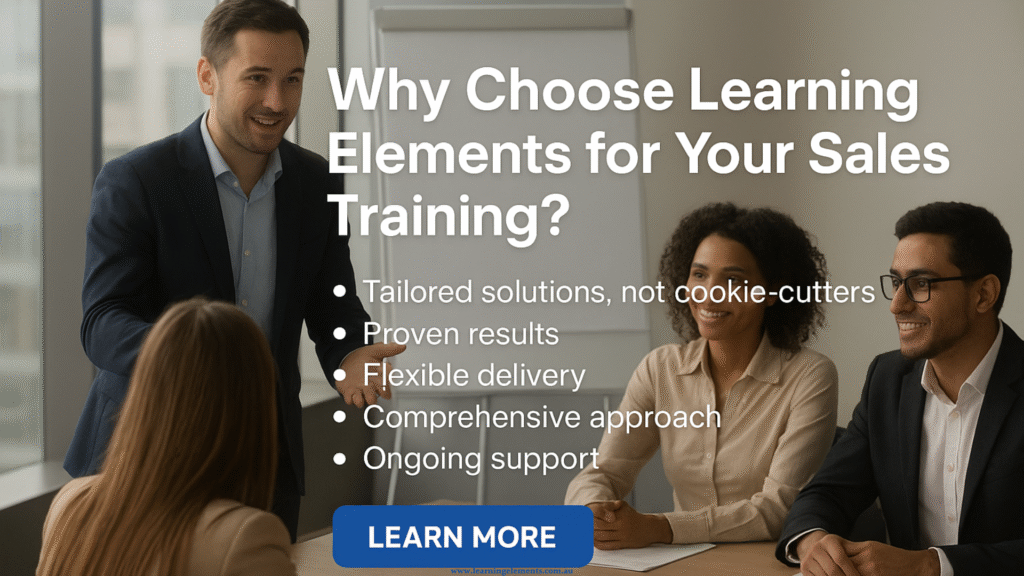
Why Choose Learning Elements for Your Sales Training?
At Learning Elements, we don’t believe in one-size-fits-all training. Our sales effectiveness programmes are carefully tailored to meet the needs of different business sectors — whether you’re a fast-growing SME or a large enterprise with complex sales structures.
Here’s what sets us apart:
- Tailored solutions, not cookie-cutters – We design training programmes around your industry, your customers, and your sales challenges, so every session feels relevant and practical.
- Proven results – Our clients report measurable improvements in conversion rates, customer satisfaction, and revenue growth within months of training.
- Flexible delivery – Whether your team prefers in-person workshops, live virtual sessions, or convenient self-paced modules, we offer formats that fit seamlessly into your business operations.
- Comprehensive approach – Our training blends facilitation, coaching, and instructional design, ensuring learning sticks and skills are applied in the real world.
- Ongoing support – Learning doesn’t stop at the end of a session. We provide follow-up coaching, refresher modules, and performance tracking to keep your team sharp.
- Experienced trainers – Our facilitators bring years of frontline sales experience, so your team learns from people who have walked the walk, not just read the theory.
- Scalable programmes – Whether you have a small team in one location or multiple offices across the country, we deliver consistent, high-quality training at scale.
- Long-term partnership – When you work with us, you’re not just buying a course, you’re partnering with experts who care about helping your business thrive over the long run.
When you choose Learning Elements, you’re choosing more than just training. You’re choosing a strategic partner dedicated to building confident, capable, and results-driven sales teams that deliver consistent growth.
Ready to see the difference? Let’s design a customised programme that transforms your sales team and gives your business the competitive edge.
FAQs
1. Who is sales effectiveness training designed for?
It’s ideal for sales reps, account managers, business development teams, and even sales leaders looking to refine processes.
2. How is this training different from standard sales training?
Sales effectiveness training focuses on real-world application — not just theory. It integrates technology, strategy, and people skills for sustainable results.
3. Can training be tailored for my industry?
Absolutely! At Learning Elements, we customise training programmes to align with your sector, customer base, and sales challenges.
4. How long does the training usually take?
It depends on your needs. We offer short, intensive workshops as well as ongoing programmes for continuous improvement.
5. Is this training suitable for small businesses in Australia?
Yes, whether you’re a growing local business or a large organisation, our training can be scaled to fit your team’s size and objectives.
6. Do you offer online training options?
Yes, we provide instructor-led virtual training as well as flexible self-paced modules.
7. How can I measure results after the training?
Use clear metrics like conversion rates, sales pipeline improvements, and client feedback to track progress and ROI.
Conclusion
Sales effectiveness training is more than just another course — it’s a strategic investment in your business’s future. By sharpening core skills, introducing advanced sales techniques, and leveraging modern tools, your team can confidently handle customer challenges, close deals more effectively, and build stronger, lasting relationships.
For Australian businesses competing in fast-moving markets, this kind of training isn’t optional; it’s essential. When sales professionals are empowered with the right strategies and support, they don’t just hit targets; they create consistent, measurable growth.
At Learning Elements, we specialise in helping organisations like yours design and deliver sales effectiveness training that truly lasts. Whether through instructor-led workshops, flexible self-paced modules, or tailored coaching, we’ll equip your team with the tools and confidence to perform at their best.
